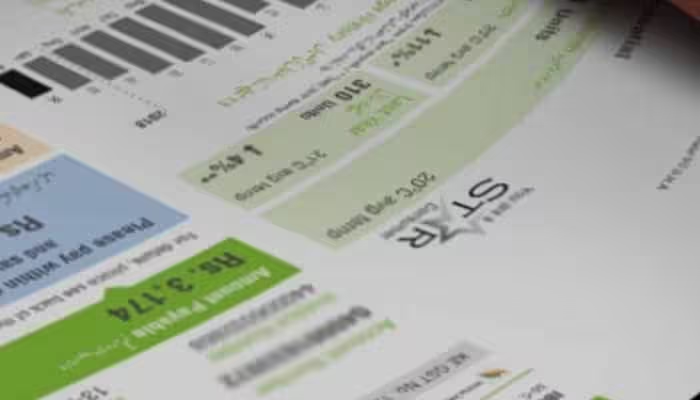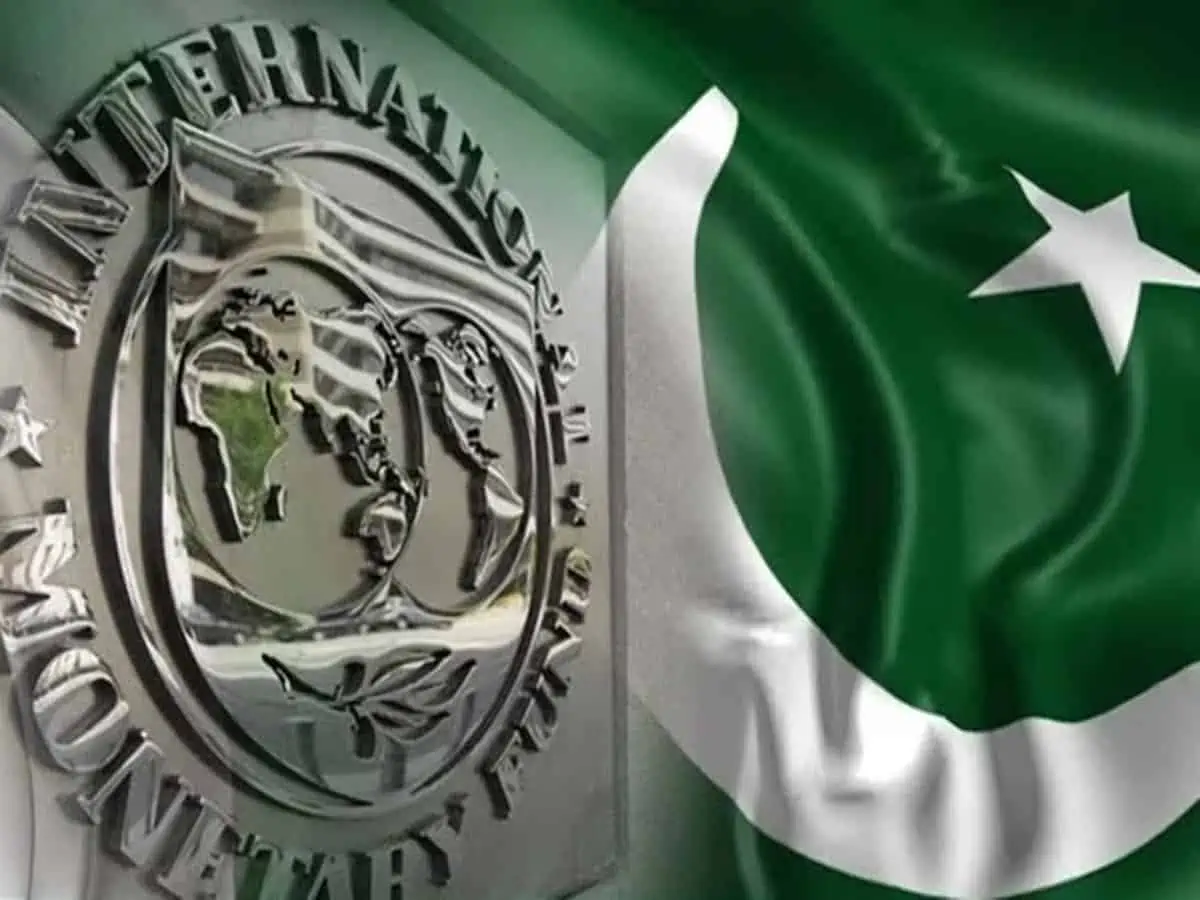In a recent development impacting the residents of Karachi, the National Electric Power Regulatory Authority (NEPRA) has announced an increase in electricity rates. The decision, issued through an official notification, will raise the cost of electricity by 40 paise per unit under the fuel price adjustment for August. This hike will be reflected in the January bills for K-Electric consumers, bringing a notable shift in household expenses for many citizens.
This adjustment by NEPRA comes as part of its monthly fuel cost adjustments, a practice that recalibrates electricity prices based on fluctuations in fuel costs. As the cost of production rises, power regulatory authorities adjust consumer rates to balance financial requirements. In this case, NEPRA’s notification specifically targets Karachi’s K-Electric consumers, who will see a 40-paise per unit increase in their electricity bills.
According to NEPRA’s statement, this increment is part of a broader strategy to manage fuel price fluctuations. The cost of fuel plays a critical role in electricity generation, and monthly adjustments help maintain the financial viability of energy providers. However, NEPRA has clarified that this increase will only affect regular K-Electric consumers, while Lifeline consumers—those using up to 100 units per month—will be exempt from this hike. This exemption is aimed at protecting lower-income households from the added burden of increased energy costs, ensuring that essential services remain affordable for those who need them the most.
For the average household in Karachi, this increase means a moderate rise in their electricity expenses. While a 40-paise per unit increase may seem marginal, it can accumulate over the course of a month, especially for households with high energy consumption. Many Karachi residents have expressed concerns over the impact of rising utility costs on their budgets. The continuous adjustments in electricity rates have led some to seek ways to reduce their monthly power consumption to manage costs effectively.
This hike also highlights the challenges facing Karachi’s energy infrastructure. K-Electric, the city’s primary electricity provider, has been at the center of ongoing discussions about energy efficiency, power distribution, and affordability. As the city’s population continues to grow, the demand for electricity has surged, putting additional strain on resources and leading to frequent load-shedding during peak hours. NEPRA’s fuel price adjustments are designed to stabilize the energy supply chain, but they also underscore the importance of exploring long-term solutions to Karachi’s energy needs.
In recent years, K-Electric has invested in infrastructure upgrades and alternative energy projects to meet the city’s rising demand. However, the dependency on imported fuel and the high cost of maintaining the infrastructure continue to be significant challenges. With fluctuating global fuel prices, power providers like K-Electric face rising costs, which are often passed on to consumers through adjustments like the one announced by NEPRA.
For those concerned about managing their energy bills in light of this increase, several steps can be taken to reduce consumption. Simple measures such as using energy-efficient appliances, turning off unnecessary lights, and managing air conditioning usage can help minimize monthly bills. Many residents have also adopted alternative energy sources, like solar panels, to reduce their reliance on grid electricity. Although the initial cost of solar installations can be high, they offer long-term savings and provide an environmentally friendly option.
While NEPRA’s fuel price adjustments help manage short-term economic requirements, they also highlight the need for renewable energy solutions that are less dependent on imported fuel. Pakistan has abundant solar, wind, and hydropower resources, which could offer sustainable and cost-effective alternatives. The government’s push toward renewable energy and efficiency improvements is a step in the right direction, but significant progress is still needed to make a noticeable impact on consumer costs.
For now, NEPRA’s notification has clarified that the new rates will be implemented starting in January, giving consumers a few months to prepare. This increase serves as a reminder of the financial pressures associated with fuel-dependent power generation and the necessity of diversifying energy resources. While this adjustment is specific to Karachi, it reflects broader issues in Pakistan’s energy landscape and the challenges of ensuring affordable and sustainable electricity for all.
NEPRA’s recent increase in electricity rates for Karachi’s K-Electric consumers is a response to fuel price adjustments aimed at maintaining the financial stability of energy providers. While the decision may place an additional burden on many households, Lifeline consumers will be spared from the increase, allowing them to manage their essential power needs without added expenses. As Karachi faces mounting energy challenges, both consumers and providers must adapt to changes in energy costs while exploring new methods to create a sustainable and affordable energy future.



